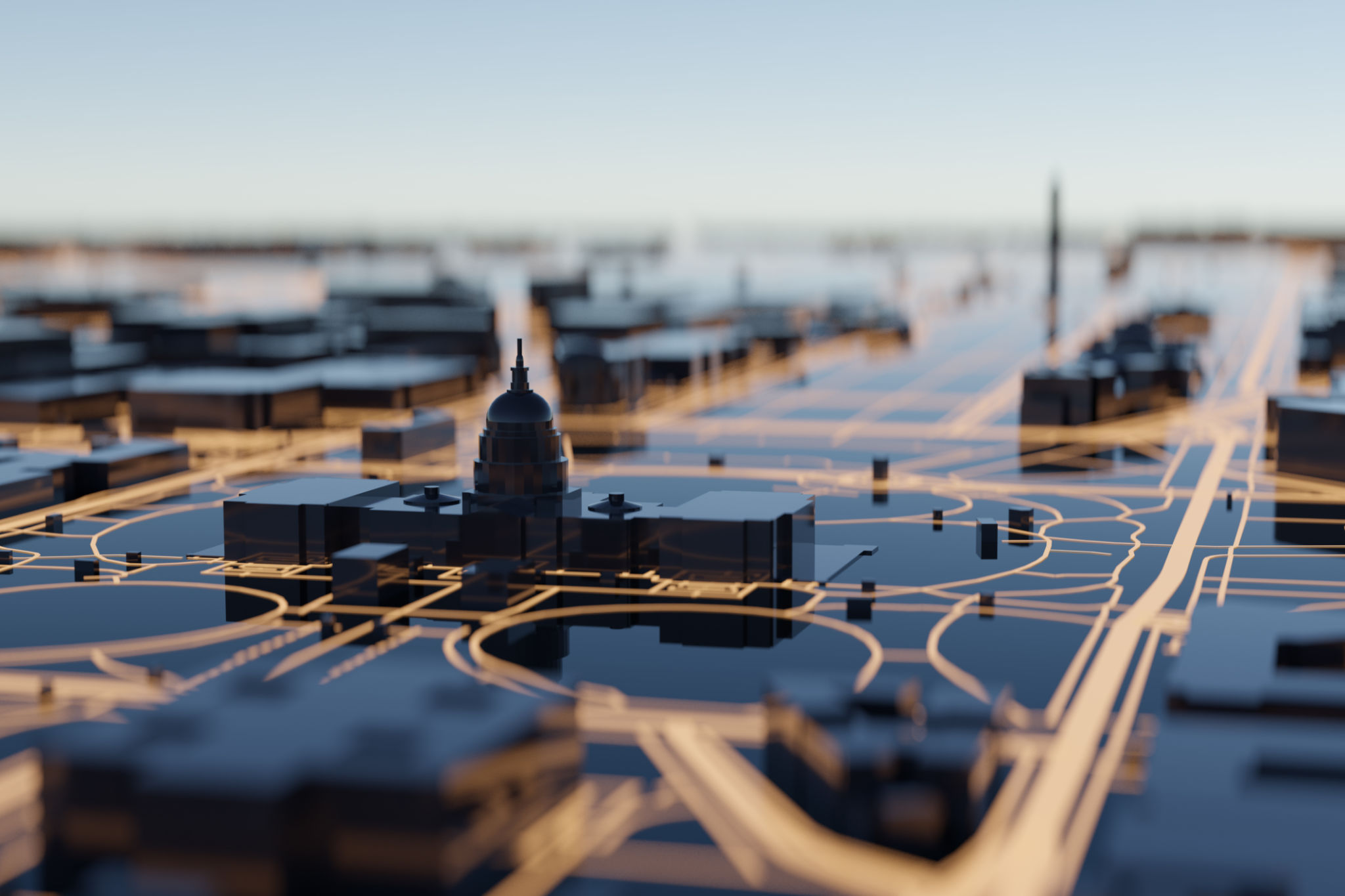The Role of AI in Shaping Future Political Campaigns
Introduction to AI in Political Campaigns
The integration of artificial intelligence (AI) into political campaigns is revolutionizing how candidates connect with voters and strategize their paths to victory. As technology continues to evolve, political campaigns are becoming more data-driven, allowing candidates to make informed decisions that resonate with their target audiences. AI is not just a tool but a strategic partner in shaping the future of politics.
In recent years, AI has played a significant role in transforming traditional campaign strategies. By analyzing vast amounts of data, AI can offer insights into voter behavior, preferences, and trends that were previously difficult to ascertain. This capability enables political teams to tailor their messages more precisely and effectively than ever before.

Enhanced Voter Targeting and Engagement
One of the standout benefits of using AI in political campaigns is enhanced voter targeting. AI algorithms can sift through complex data sets to identify key demographics and voting patterns. This allows campaign managers to focus their resources on persuading undecided voters or mobilizing supporters who are most likely to turn out on election day.
Moreover, AI-powered chatbots and social media tools facilitate improved voter engagement. These technologies provide real-time responses to voter inquiries, fostering a sense of connection and immediacy that traditional methods cannot match. By automating repetitive tasks, campaign staff can allocate their time to more strategic activities.

Data-Driven Decision Making
Data is at the heart of any successful political campaign, and AI is proving indispensable in processing and analyzing this information. With machine learning algorithms, campaigns can predict election outcomes with greater accuracy by considering various factors such as economic indicators, historical voting trends, and social media sentiment.
AI also supports decision-making by offering predictive analytics that help campaigns anticipate shifts in public opinion. This foresight enables political teams to adapt their strategies quickly, ensuring they remain relevant and responsive to voter needs.
Challenges and Ethical Considerations
Despite its advantages, the use of AI in political campaigns raises several ethical concerns. Issues such as data privacy, transparency, and algorithmic bias are at the forefront of discussions about AI’s role in politics. Campaigns must ensure that their use of AI complies with legal regulations and ethical standards to maintain public trust.

Additionally, there is the risk of misinformation being spread through AI-generated content. Campaigns must be diligent in verifying the accuracy of information disseminated through AI tools to avoid misleading voters.
The Future of AI in Politics
Looking ahead, AI is poised to become an even more integral part of political campaigns. As technology advances, we can expect to see AI playing roles in everything from debate preparation to policy modeling. The potential for AI to enhance democratic processes by making them more efficient and inclusive is enormous.
However, it is crucial for stakeholders—politicians, technologists, and voters alike—to navigate this new landscape responsibly. By embracing AI’s capabilities while addressing its challenges, political campaigns can harness this technology to foster more informed and engaged electorates.